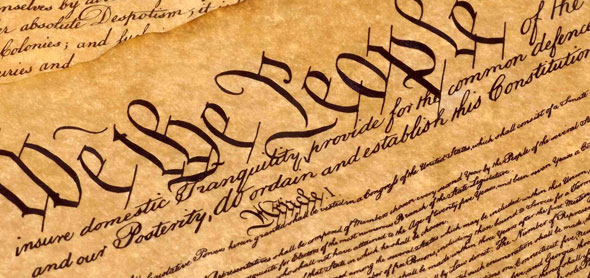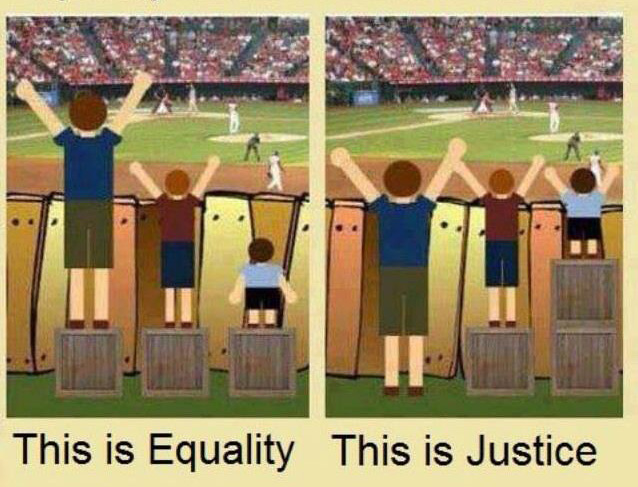
fade to grey: the difference between equality and justice
dr. darrell whiteman, my anthropology professor at asbury seminary, stepped in front of the class one day and firmly declared, “god favors the poor and marginalized over the rich and powerful.” for the next hour, the class debated that statement with particular fervor—some siding with whiteman while others argued in disgust that his statement reflected a vastly incorrect reading of scripture.
the fact is that dr. whiteman’s intent was simply to stir a conversation about the nature of jesus’ teachings on money. but regardless of his intent, i found myself in agreement with his statement (though there are certainly some semantic nuances worth noting) and, in general, the way i view the world is through this theological lens.
certainly, god is concerned with equality when it comes to things like race and class and gender. paul reminds his readers that, “there is no longer jew or gentile, slave or free, male and female. for you are all one in christ jesus”. but on a broader level, it seems to me that the mission of jesus was to first and foremost tell the good news to the poor and marginalized. they were first on his list. the last was first. those on the bottom found their way to the top. overall, the trajectory of scripture points toward a special affirmation of those on the bottom and on the fringes of society.
simply put: god is primarily concerned with justice rather than equality.
(more on this in a minute…)
whiteman’s declaration and my subsequent thoughts came back to me as i read the news this past week of the supreme court’s ruling to uphold michigan’s ban on affirmative action, particularly in regards to college admissions. while i can certainly understand peoples’ objections (as well as the supreme court’s objections), i think this is an absolute textbook example of the need to understand the difference between equality and justice. a few nights ago on real time with bill maher, bill and his panel discussed the supreme court’s ruling and—without saying the words—touched on the issues of equality vs justice. take a look:
[videoplayer file=”http://beingryanbyrd.com/blogimg/video/bill-maher_affirmative-action.mp4″ width=”100%” autostart=”false” bufferlength=”3″ /]
first, bill’s statistics should be appalling to everyone and i think his 2 options (a. “blacks are 6x lazier, stupider and more morally bankrupt than whites” or b. “something happened in the past that impeded their progress”) are a worthwhile dichotomy (though bill’s assumption that most or all people will come to conclusion #2 is sadly and unfortunately a wrong one).
second, chrisine quinn, in referencing supreme court justice sotomayor’s dissent, stated a perfect analogy for the difference between equality and justice—that we’re all running the same race, but not everyone starts at the same starting line.
as much as i love this analogy, there’s another that i’ve used many times whenever this conversation has come up. (look, don’t blame me for how bad the graphic is…just look at the point it’s making…)

equality says that everyone gets the same treatment. our culture particularly values this idea. and while yes, we certainly are all the same, justice demands more than mere equality. it demands that we honestly evaluate how our culture and our systems have held people back from playing on an even playing field and respond in ways that move us toward a place of equality. it demands that we acknowledge that some people need a couple boxes to see the game, whereas others are tall enough without any assistance.
equality is black and white. it’s an easy equation. but justice is shades of grey. it’s difficult to get right. we have a hard time parsing through how to execute true justice. but i think a proper pursuit of a better way—especially for people who claim to follow in the way of jesus—demands a constant evaluation of what justice looks like.
the sooner we can begin to see the world around us through a lens of justice rather than mere equality, we’ll reach a place where an even playing field won’t demand such a discrepancy in our execution of justice.












